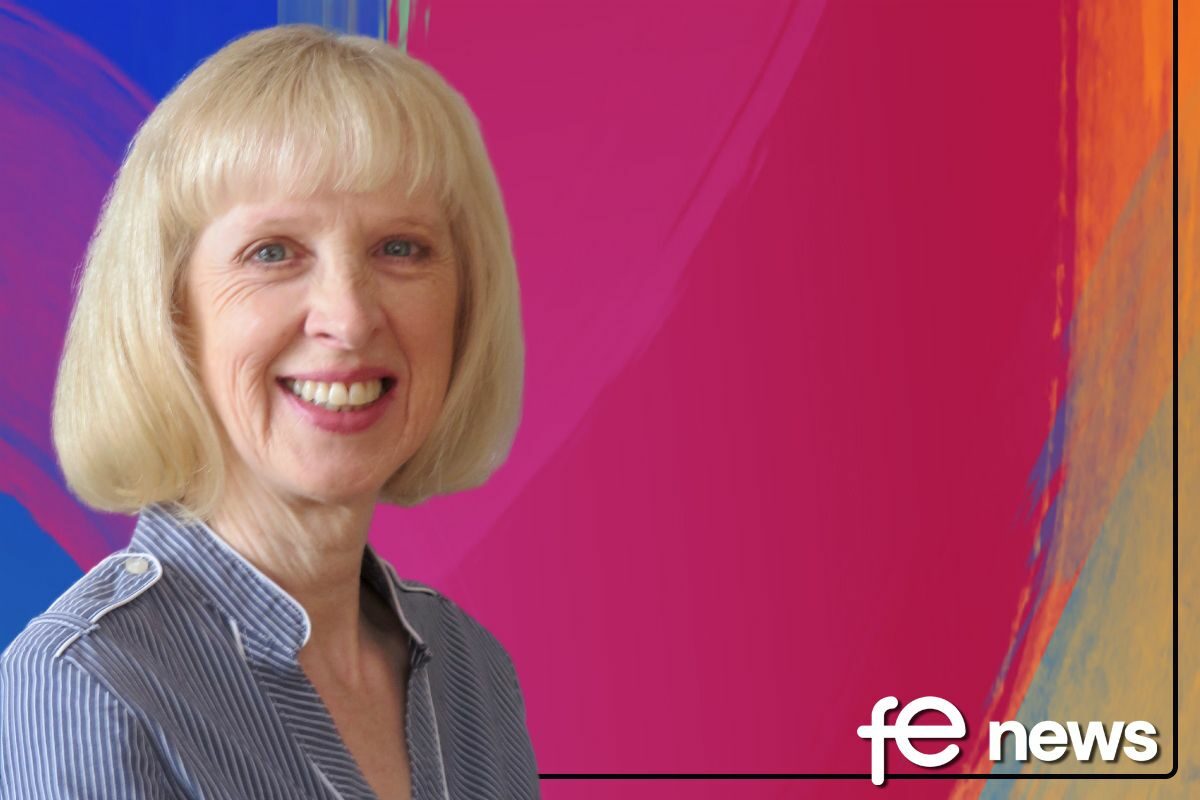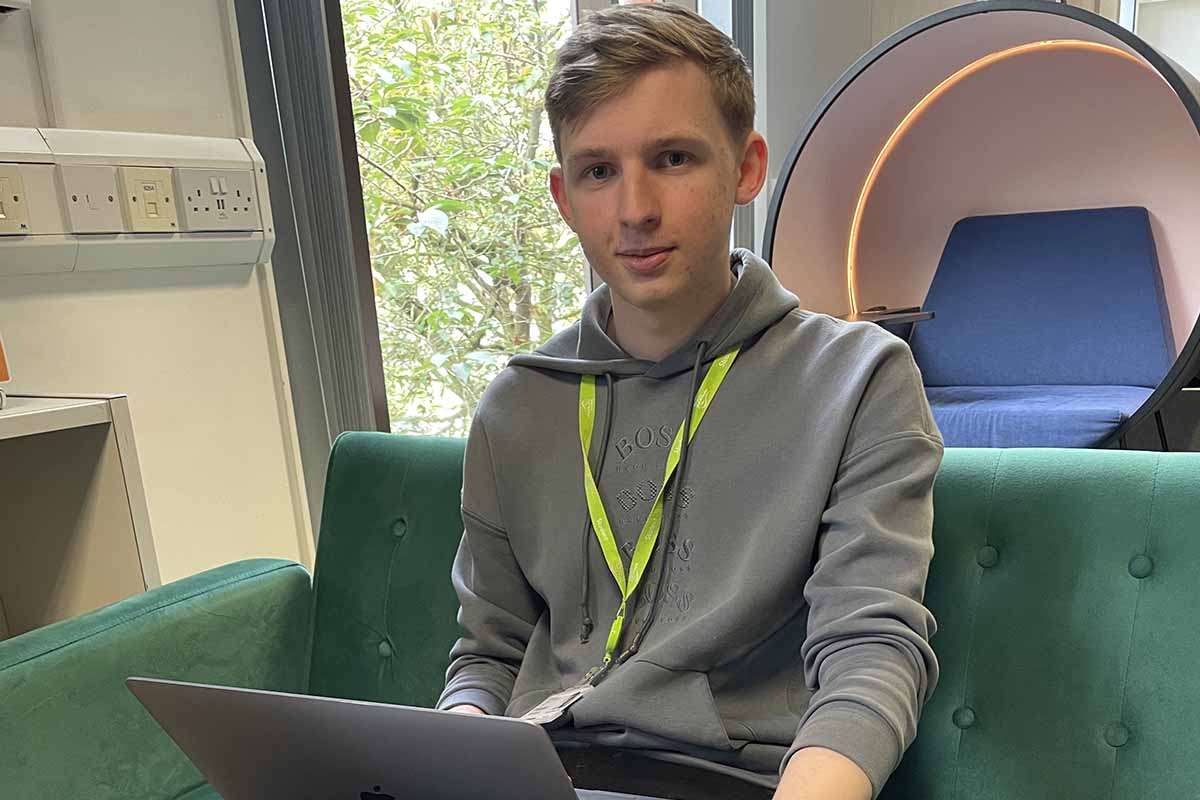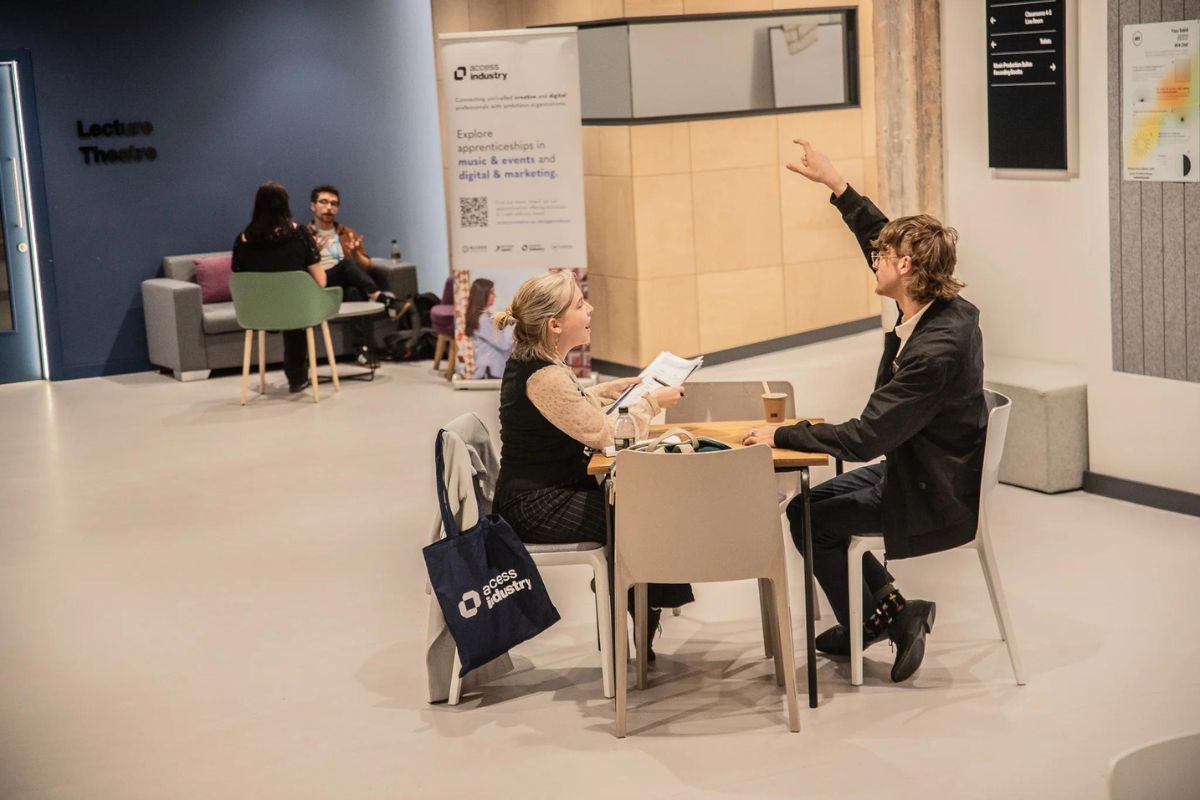Ann Gravells reflects on the last 20 years in further education

Ann Gravells writes about her experiences as a lecturer in further education during the last 20 years, and explains what it was like to work in a college environment.
The past
Wow, time really flies! When I was asked to write this article I began reflecting on how different FE is now, to 2003 when FE News began. It also made me realise just how long I’ve been working in the sector. I started in 1983 when there was no access to computers, social media or the internet. It certainly doesn’t feel that long ago, but the last 20 years seems to have gone a lot quicker than the previous 20 years. Perhaps that’s part of getting older!
I didn’t plan to be an FE teacher
I didn’t plan to be an FE teacher, I trained as a hotel receptionist; a job I loved. However, a local college asked if I would teach a group of trainee receptionists on a part-time basis, and that became my route into teaching. I then progressed over the years to teach other subjects, and to train staff when the Learning and Development units were introduced. Do you remember the change from exams to competence based learning and assessment? If so, you will remember D32 and D33, the qualifications which assessors of competence based programmes had to achieve. These have changed several times over the years, and are no longer mandatory for assessors in some subject areas.
In 2003, Ofsted took on the role of inspections in further education, and my role as the quality systems manager at the college had helped prepare for this. I standardised a quality assurance system for 98 different qualifications. Prior to that, each department (or each member of staff) had used their own system. It wasn’t an easy task, however, it helped to improve the assessment and quality assurance process. Ofsted still inspects the FE sector which can put a lot of pressure on staff. I remember the vast amount of evidence and paperwork which was requested was phenomenal. The inspection process has changed over the years, and continues to change, some of you may think for the better, others for worse.
It wasn’t a requirement ‘back then’ for FE teachers to hold a teaching qualification
It wasn’t a requirement ‘back then’ for FE teachers to hold a teaching qualification; just to have experience and/or a qualification in the subject they would teach. Apart from a few years around 2007 when it did become mandatory, the same still applies. You might think it a bit odd that teachers in FE don’t need to hold a teaching qualification. However, most teachers have worked in industry, and have amazing skills and knowledge to pass onto learners, they just some guidance as to how do it.
I achieved my teaching qualifications whilst working at the college. I found the practical side much more useful than the theory side. I must confess, I struggled with the assignment work, i.e. relating theory to practice, I just wanted to pass my knowledge on in an interesting and interactive way. I soon learnt that there was more to my role than just teaching the subject.
I remember one occasion when a 16 year old learner confessed she couldn’t tell the time. She had only ever had a digital watch and there were only digital clocks at home. I spent time with her, drawing pictures of clocks and explaining about the big and little hands. Ten years later I bumped into her in the supermarket. She was with her husband and young son. She threw her arms around me and proudly shouted ‘this is Ann – she taught me to tell the time’. Although a little embarrassing at the time, I had clearly made an impact upon her, and she had never forgotten me or my name. Being a teacher is not just about teaching your subject, it’s about treating each learner as an individual, and supporting them however you can.
FE teacher training was unsatisfactory
Ofsted’s report: The Initial Teacher Training of Further Education Teachers (2003) declared that FE teacher training was unsatisfactory. This led to new qualifications being introduced from level 3, does anyone remember ‘Delivering Adult Learning’? In 2006 Lifelong Learning UK (LLUK) revised the Teaching Standards, and in 2007 all new entrants to the FE sector had to achieve a qualification known as PTLLS (Preparing to Teach in the Lifelong Learning Sector). The Certificate (CTLLS) and the Diploma (DTLLS) soon followed. These have since become the AET, CET and DET (Award, Certificate and Diploma in Education and Training) and are no longer mandatory.
For several years I also worked for a large awarding organisation as an EQA and a compliance investigator. I found these roles fascinating, as I wasn’t aware of the bad practice that some centres were involved in. For example, the centre who created their learners’ work for them, and the centre that claimed certificates for learners who didn’t exist, just to receive funding. It’s a bit scary, and I hope that this no longer goes on. It’s always best to be honest, and if you feel pressured to take short cuts; all I will say is don’t. You will be found out.
Writing a qualification handbook to support the new teaching qualifications
Part of my role with the awarding organisation was to help write a qualification handbook to support the new teaching qualifications. I needed to create a ‘recommended reading list’ and I realised that there were no suitable text books for beginner teachers at level 3. Hence, I wrote my own book in plain English in 2005, and to my surprise, when it was published, it became successful. I took into account my own experiences of struggling with theory as a new teacher, and produced a book which was full of practical guidance. It has since been revised and updated several times to meet the changes to the qualifications. I’ve now authored, co-authored and edited a further 21 text books to help teachers, trainers, assessors and quality assurers. I call myself an accidental author, but I’ve loved the process. I’ve adapted extracts from the books as teaching and learning materials for the qualifications, which are available via my website.
Qualified Teacher Learning and Skills
In 2007, The Institute for Learning (IfL) took over from LLUK, and brought in a new status for FE teachers called ‘Qualified Teacher Learning and Skills’ (QTLS). However, back then it was mandatory for all teachers to register with the IfL if they taught on funded programmes, and to achieve QTLS status. It’s no longer mandatory, but it is good practice. In 2013, The Education and Training Foundation (ETF) was created (replacing the IfL). The Society of Education and Training (SET) was launched in 2015, and is the only body to confer QTLS status.
From 2014-2016 I wrote a monthly article for FE News, and I’m told that I am consistently one of their most popular authors, which is wonderful to hear. I’ve also spoken at many conferences and co-hosted my own events. I love to meet people, hence why my first career was as a hotel receptionist. This is often the case for many FE teachers, they’ve worked in the subject area which they now teach. This gives them a great advantage to share their knowledge and skills, and one of the reasons why it’s not a requirement to hold a teaching qualification in FE.
The present
The current qualifications for practitioners in the FE sector i.e. the AET, CET, and assessment and quality assurance, should remain the same for a while. Next year, the Diploma in Teaching (FE and Skills) will begin to replace the DET from level 5 upwards. It looks like the ETF, SET and Ofsted are here to stay, but who knows, as many different bodies have come and gone in the FE sector.
Some subjects require teachers, assessors and quality assurers to hold a relevant qualification, whereas others just require a subject qualification and/or experience. If you are unsure, it will be written in the qualification handbook. It used to be standardised, but it’s not anymore. Do you remember the NVQ Code of Practice (which no longer exists)? That was a really useful document to help teachers, assessors and quality assurers perform their role. I wish we still had something like it.
I am no longer teaching in FE
I am no longer teaching in FE, however, I am still in touch with many people who are. They tell me their stories of all the admin they have to do, and of the demands to meet targets. However, through it all, the majority love their jobs and really enjoy it when they see those ‘light bulb’ moments in their learners. I did some online teaching for a while, but I must admit, I missed being in the same room as a group of learners. I loved the interaction with them, the questions they would ask, the discussions that would take place, and to hear of the jobs that those learners went on to do, all with a little help from me.
I still get many messages from past learners, about how I made an impact on their life and career, and from staff who have used my text books and resources. This is the lovely part of working in FE, to know that you have made a difference to someone’s life for the better.
The future
One thing seems to be guaranteed in further education, and that is that change will always happen. However, it’s important to keep up to date and embrace change whenever possible, perhaps by taking part in activities to improve subject knowledge, as well as the job role.
Who knows what the next 20 years will bring us
Who knows what the next 20 years will bring us; what the sector will be called; how it will be funded; or whether it will be face-to-face teaching or online, a mixture of the two or something yet to be invented. I think Covid taught us that we are very adaptable and can make things work when we have to.
Technology is advancing so quickly. I must admit there have been many occasions when I have just been one step ahead of my learners, and have asked for their help if I didn’t know something. I remember when I was daunted by the arrival of interactive whiteboards. It’s not a weakness to admit you don’t know something, and your learners will appreciate your honesty. I also remember spending a lot of time at the photocopier; copying handouts for learners. What a waste of time, energy and paper. Nowadays, handouts can be uploaded to an online platform to be accessed by learners before, during or after a session.
Have you tried using ChatGPT to create a session plan or a handout?
Give it some information and it will soon come up with something which you can easily adapt. However, with any information gained via the internet, it’s best to be cautious as to what’s true. Learners could use it to answer essay questions; would you know if they had written it themselves? There is currently a lot of debate about artificial intelligence (AI) and how it can be used; for good as well as bad.
I feel that FE teachers are a catalyst in hundreds of learners’ futures and that they will have an impact upon their lives and careers. Hopefully the impact will be positive. However, I’m sure we all remember a teacher who left a negative impact. I clearly remember one who just talked every session, and didn’t allow any questions. I didn’t learn anything, other than how not to teach.
Heading into retirement
I have loved working in FE, and as I head into retirement (I’m in my sixties you know!) I’m pleased that I’ve helped so many people over the years.
If you are currently a teacher in FE, be one of those teachers who leaves a positive impression on your learners, and one whose name they will never forget. Whatever the future holds for your role, remember that FE gives people a chance, no matter what their age or background, and you can make a real impact on their future.
By Ann Gravells
Useful websites
- Ann Gravells’ website: information, books and resources
- Chat GPT
- Diploma in Teaching (FE and Skills)
- Education and Training Foundation
- QTLS status
- Ofsted
- Society for Education and Training
Ann has been working in Further Education since 1983, and writing and editing books for SAGE since 2006. She is a fellow of the Society for Education and Training.
FE News on the go…
Welcome to FE News on the go, the podcast that delivers exclusive articles from the world of further education straight to your ears.
We are experimenting with Artificial Intelligence to make our exclusive articles even more accessible while also automating the process for our team of project managers.
In each episode, our thought leaders and sector influencers will delve into the most pressing issues facing the FE sector, offering their insights and analysis on the latest news, trends, and developments.











Responses